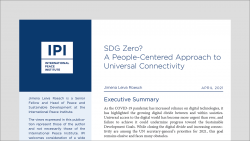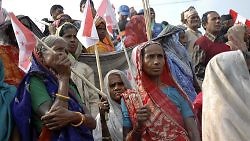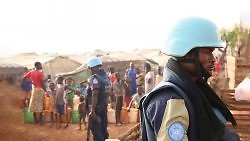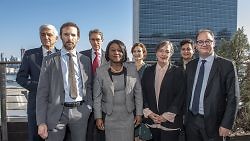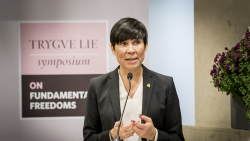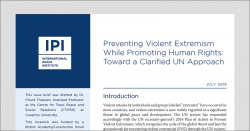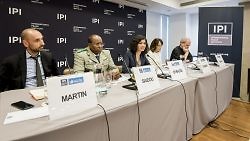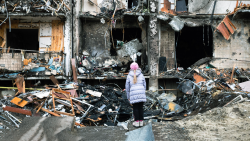
In his 2020 Call to Action on Human Rights, UN Secretary-General António Guterres committed to developing an “Agenda for Protection.” The agenda provides an opportunity for the UN to reaffirm that the protection of crisis-affected populations is fundamental to its purpose and values. To be effective it should address the lessons learned from previous efforts […]
Read more